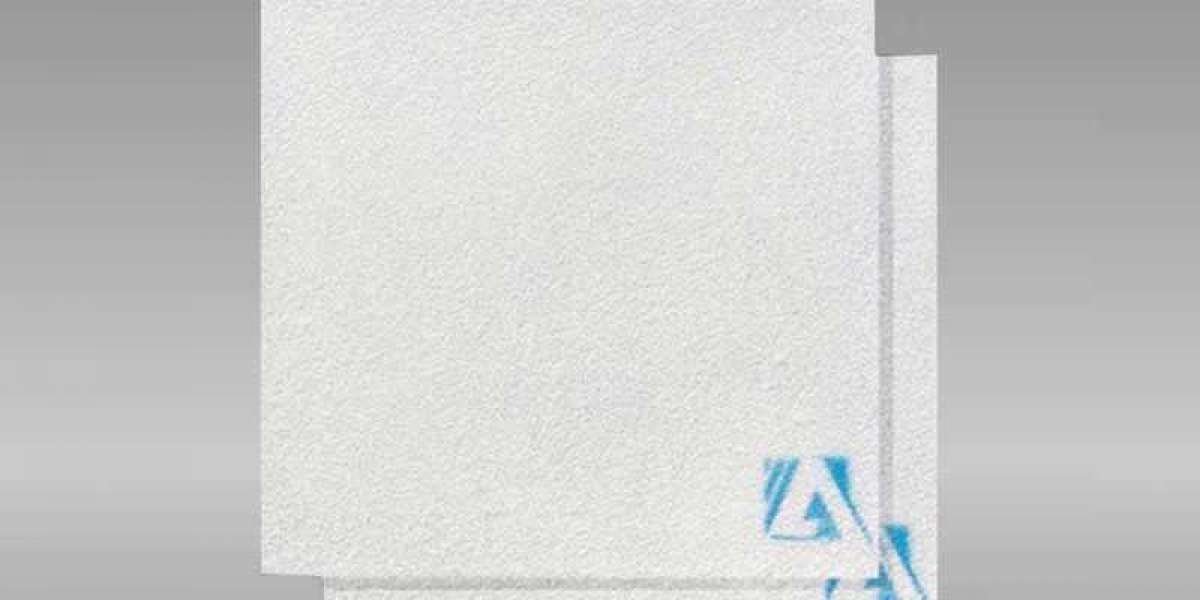Aluminum Billet Ceramic foam Filter removes the debris from the molten aluminum, effectively improving the economic benefits of the aluminum rod factory. Larger inclusion particles can be removed from molten aluminum, while inclusion particles of 100 μm or smaller account for most of the inclusions and are difficult to remove.
In particular, it is difficult to remove fine inclusion particles around 10-25 μm, but this is a necessary condition for obtaining high-quality aluminum alloys.
In order to remove such fine inclusions, the traditional filter needs to have a finer mesh.
However, when the filter screen is too fine, when the molten aluminum contains a large amount of inclusions, there may be a practical problem that the filter screen is clogged during short-term operation, resulting in a shortened life of the filter screen.
Therefore, in the case of using aluminum scraps of such aluminum alloy products as part or all of the aluminum raw material, it is necessary to remove the inclusions at least from the molten aluminum obtained by melting the aluminum raw material. Therefore, in addition to the refining process of degassing the molten aluminum using a flux, a filter is also used to remove the inclusions in the molten aluminum.
Inclusions refer to some refractory foreign substances with high melting points in the aluminum melt. Inclusions are a common phenomenon in the production of aluminum castings.
Inclusions can be divided into solid inclusions and liquid inclusions, and their particle size ranges from a few microns to a few millimeters.
If these inclusions are not removed cleanly, they will form large defects in the aluminum alloy. They often cause stress concentration and cause the casting to be scrapped. It not only affects the mechanical properties, cutting performance, and corrosion resistance of the casting, but also causes porosity in the casting. And other defects.
Aluminum Billet Ceramic foam Filters can remove impurities in aluminum melt and improve the quality of aluminum ingots, aluminum rods, and aluminum plates.
Aluminum rod is a kind of aluminum product. The melting and casting of aluminum rod includes melting, purification, impurity removal, degassing, slag removal and casting process. According to the different metal elements contained in aluminum rods, aluminum rods can be roughly divided into 8 categories.
Melting and casting include melting, purification, impurity removal, degassing, slag removal and casting processes. The main process is:
(1) Ingredients: According to the specific alloy grades to be produced, calculate the addition amount of various alloy components, and reasonably match various raw materials.
(2) Smelting: The prepared raw materials are melted in the melting furnace according to the process requirements, and the slag and gas in the melt are effectively removed by degassing and slagging refining methods.
(3) Casting: Under certain casting process conditions, the molten aluminum is cooled and casted into round casting rods of various specifications through a deep well casting system. Ceramic foam Filters
Adtech L
157 Blog posts



